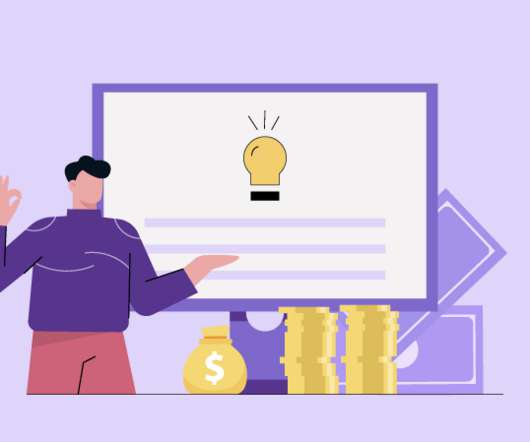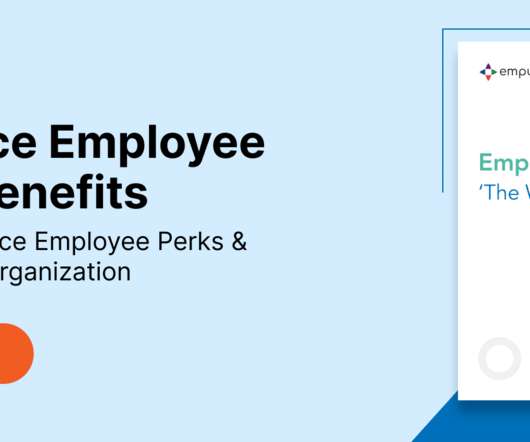Top 20 Examples of Employee Incentive Programs
Vantage Circle
AUGUST 16, 2021
Incentives are a proven way to influence employee behavior and ultimately improve business output. Now there are several types of employee incentive programs that companies commonly use. A study showed that travel incentives are the most popular incentives among employees. Monetary Incentives.












Let's personalize your content